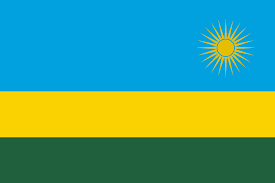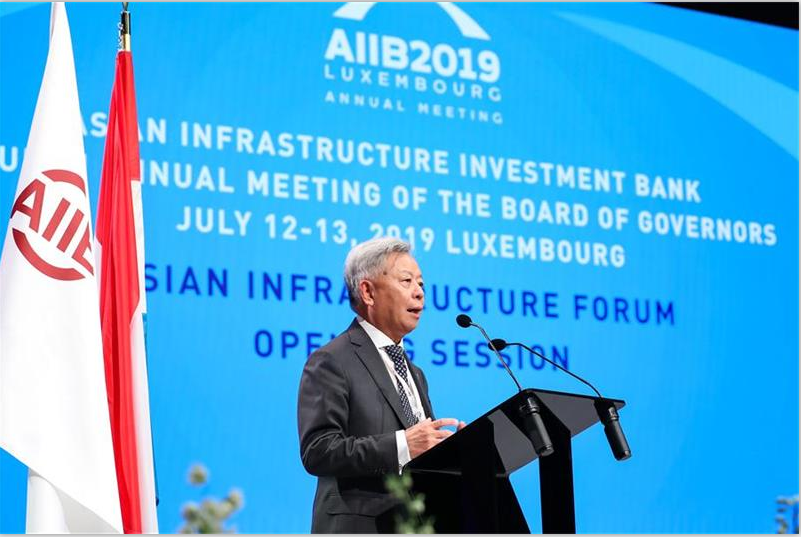Dec. 31 2-10 -- The year 2019 saw a wave of consolidation and acquisitions of financial institutions; banks and insurance firms.This is partly due to the revision of minimum capital requirements by the Central Bank. According to the new capital requi...
Dec. 31 2-10 -- The year 2019 saw a wave of consolidation and acquisitions of financial institutions; banks and insurance firms.
This is partly due to the revision of minimum capital requirements by the Central Bank. According to the new capital requirements; commercial banks have a Rwf 20 billion minimum capital requirement; development banks- Rwf 50 billion; cooperative banks - Rwf 10 billion and mortgage banks - Rwf 10 billion.
Insurers are also required to raise their minimum capital requirement to Rwf 2 billion for life insurers and Rwf 3 billion for general insurers.
Already, Equity Bank Rwanda is in the process of acquiring BPR Bank. Sanlam insurance has also since acquire Soras Insurance and merged the two entities. There were a few other negotiations that did not go through such as BK Group's acquisition of Sonarwa Insurance.
Continued investor interest
In recent years, Rwanda has been attracted for local and international investors across different sectors of the economy. 2019 was no different. Among the investments that entered the country were Qatar Government investors in the new airport in Bugesera District.
Like other years, the country led by Rwanda development Board courted investors from across the globe showing avenues with viable opportunities which are also in line with national ambitions.
Rwanda also kept its second position on the continent in the World Bank's annual Doing Business indices.
According to the Doing Business 2020, the country is among a few economies in Sub-Saharan Africa that improved their business climate in the year that ended on May 1, 2019, ranking just behind Mauritius in Africa. Globally, Rwanda ranked 38 and scored 76.3 points against 100.
Among sectors that investments were made in 2019 include; transport, logistics, education, light manufacturing, technology and service among others.
Agriculture insurance
The agriculture sector remains one of the major drivers of the economy. However, its performance is often affected by the unpredictability of weather patterns which often leaves farmers counting losses and discouraged from continued activity in agriculture.
To mitigate that, the government and three local insurance companies teamed up to cushion farmers against losses caused by disease, unpredictable weather and accidents through insurance.
It is also primed to enable farmers to easily access financial services and ensure flow of credit to the agriculture sector as it will de-risk this sector which financial institutions have been reluctant to fund.
Under this scheme, farmers pay 60 per cent of the insurance premium, while the government covers the remaining 40 per cent in subsidy.
For livestock, the insurance premiums covered represent 4.5 per cent of the total value of the insured farm animal per year, but the farmer gets the total amount of money that their livestock is worth in case of disease or accident induced death.
International commodity prices crunch
Rwanda's exports' performance was in part affected by the international commodity prices crunch. Among the sectors that were affected include mining, tea and coffee. The situation is not however unique to Rwanda, it's a global phenomenon. Exports such as tea and coffee have had to increase their volume on exports to maintain value of returns while a section of exports involved in minerals have held back till prices recover.
cmwai@newtimesrwanda.com
Follow https://twitter.com/ByCollinsMwai
Source: https://allafrica.com/stories/201912310425.html



